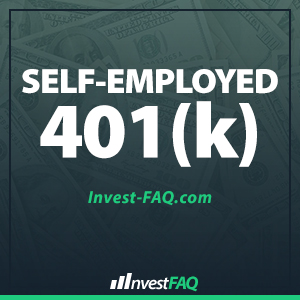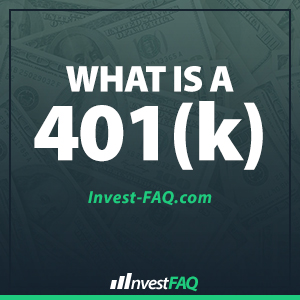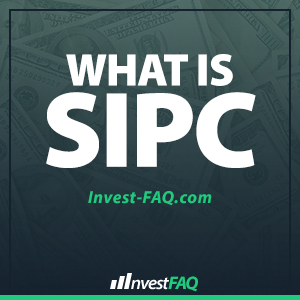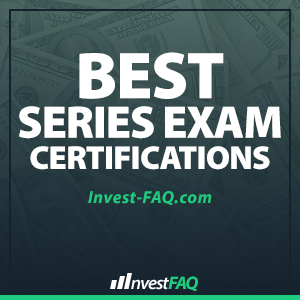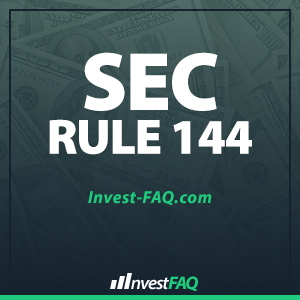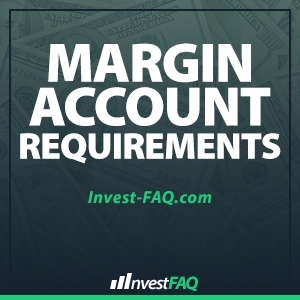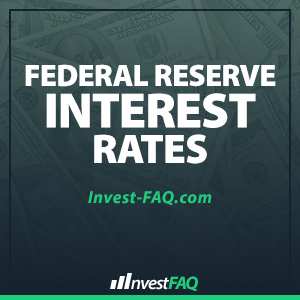A Solo 401(k) plan (also known as a One-Participant 401(k) plan) provides a great tax break to the smallest business owners by allowing them to shelter from taxes a large portion of income. This article describes the provisions of the US tax code for the 401(k) plan for Self-Employed People, also called the Solo 401(k).
What is a 401(k) Plan?
A 401(k) plan is a retirement savings plan that is funded by employee contributions and (often) matching contributions from the employer. The major attraction of these plans is that the contributions are taken from pre-tax salary, and the funds grow tax-free until withdrawn. Also, the plans are (to some extent) self-directed, and they are portable;
U.S. Securities Investor Protection Corporation (SIPC)
How to Survive a Bankrupt Broker The U.S. Securities Investor Protection Corporation (SIPC) is a federally chartered private corporation whose job is to insure shareholders against the situation of a U.S. stock-broker going bankrupt. The National Association of Security Dealers requires all of their member brokers to have SIPC insurance. Many brokers supplement the limits
Best Financial Series Exam Certifications
Series Examinations/Registrations The National Association of Securities Dealers (NASD) administers a series of licensing examinations that are used to qualify people for employment in many parts of the finance industry. For example, the Series 7 is commonly (although somewhat incorrectly) known as the stockbroker exam. Complete List of Series Investing Exams Here is a list
SEC/NASDAQ Settlement
The SEC’s settlement with NASDAQ in late 1996 will almost certainly impact trading and price improvement in a favorable way for small investors. The settlement resulted in rule changes that are intended to improve greater access to the market for individual investors, and to improve the display and execution of orders. The changes will be
SEC Registered Advisory Service
Some advisers will advertise with the information that they are an S.E.C. Registered Advisory Service. This does not mean a damn thing except that they have obeyed the law and registered as the law requires. All it takes is filling out a long form, $150 and no convictions for financial fraud. If they attempt to
SEC Rule 144
The Federal Securities Act of 1933 generally requires that stock and other securities must be registered with the Securities and Exchange Commission (the “S.E.C.”) prior to their offer or sale. Registering securities with the S.E.C. can be expensive and time-consuming. This article offers a brief introduction to SEC Rule 144, which is a safe harbor
Securities and Exchange Commission (SEC)
Just in case you want to ask questions, complain about your broker, or whatever, here’s the vital information: Securities and Exchange Commission 450 5th Street, N. W. Washington, DC 20549 Office of Public Affairs: +1 202 272-2650 Office of Consumer Affairs: +1 202 272-7440 SEC policy concerning online enforcement: http://www.sec.gov/enforce/comctr.htm A web-enabled complaint submission form:
Margin Account Requirements
This article discusses the rules and regulations that apply to margin accounts at brokerage houses. The basic rules are set by the Federal Reserve Board (FRB), the New York Stock Exchange (NYSE), and the National Association of Securities Dealers (NASD). Every broker must apply the minimum rules to customers, but a broker is free to
Federal Reserve Interest Rates
What are Federal Reserve Interest Rates?Contents Federal Reserve interest rates is the amount the Federal Reserve charges banks to borrow money either in the short-term or in the long-term. Fed rates are one of the main tools the Federal Reserve uses to increase or decrease the money supply in an effort to control inflation and

